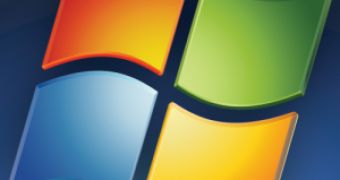Internet Explorer 8 will be not only an apex of performance, but also the next major iteration of the Windows client, according to Microsoft. After the Windows Vista experience, Microsoft has developed a comprehensive strategy for evolving the Windows 7 performance, introducing a set of criteria that will dictate whether the operating system will get shipped or not. One small part of the Redmond giant's efforts to drive the performance of Windows 7, is working with the community of partners and developers building hardware and software products around the operating system. In this context, Microsoft is offering a set of utilities it is using internally to sniff out performance issues.
“In addition to working on Windows 7 specific features and services, we are sharing tools, tests and data with our partners. The tools are available to enthusiasts as well. The tools we use internally to detect and correct boot issues are freely available today here as a part of the Windows Performance Toolkit. While not appropriate for most users, the tools are proving to be very helpful for some,” revealed Michael Fortin, Microsoft distinguished engineer and lead of the Fundamentals feature team in the Core Operating System group.
Xperf.exe, Xperfview.exe, and Xbootmgr.exe are obviously not designed for end users; however, developers will be able to take advantage of the tools, which can be downloaded for Windows Vista SP1 and Windows Server 2008 even today. In this context, not only Windows 7 will be able to benefit from the items collectively dubbed the Windows Performance Toolkit (WPT), but also Windows 7 Server/ Windows Server 2008 R2.
“The sheer breadth and depth of software for Windows means that some software will not have the high quality one would hope, while the vast majority is quite good. Microsoft must continue to provide the tools for developers to write high performance software and the tools for end-users to identify the software on their system that might contribute to performance that isn’t meeting expectations. Windows itself must also continue to improve the defensive tactics it uses to isolate and inform the end-user about software that might contribute to poor performance,” Fortin added.
The Windows Performance Toolkit is available for download here.

 14 DAY TRIAL //
14 DAY TRIAL //